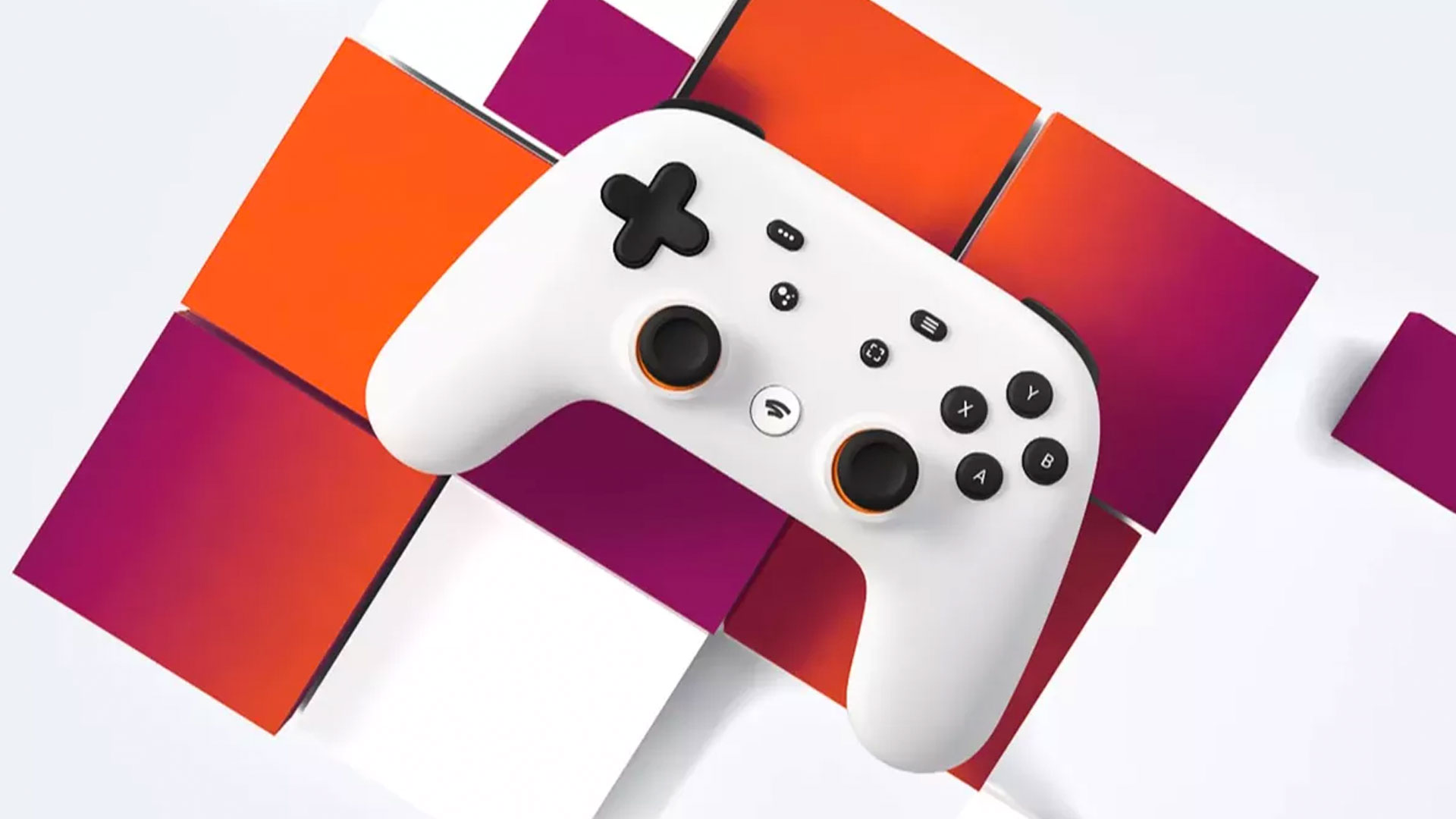Well, now we know why Google closed Stadia
For Alphabet-backed tech, it managed a very measly market share.

January saw the closure of Google's Stadia cloud gaming service and, while Google managed the process well and no-one was left out of pocket, now we know the big reason why. The UK's Competition and Markets Authority has been in the headlines for saying it will oppose Microsoft's proposed acquisition of Activision Blizzard, and as part of that it released various statistics about the games industry, including the cloud gaming market. It makes painful reading for most companies in the sector apart from, funnily enough, Microsoft.
The CMA's provisional findings include a section on cloud gaming that includes statistics on how many people used various cloud gaming services. It doesn't provide exact headcounts but each service's market share as a percentage range, over the period 2021-2022, based on monthly active users, and the report makes clear these figures are based on information provided directly by the companies concerned. These percentages also reflect global use and not just the UK audience.
The breakdown follows. The xCloud designation incorporates various Microsoft services, most notably Game Pass, and it's that which probably lies behind the incredible growth seen here.
Cloud gaming market share in 2021
- xCloud: 20-30%
- PlayStation Cloud Gaming: 30-40%
- Nvidia GFN: 20-30%
- Google Stadia 5-10%
Cloud gaming market share in 2022
- xCloud: 60-70%
- PlayStation Cloud Gaming: 10-20%
- NVIDIA GFN: 10-20%
- Google Stadia: 0-5%
- Amazon Luna: 0-5%
It doesn't look like Stadia got off to all that bad a start, but after that user numbers seem to have cratered. Notably, the 2022 Stadia figures only going up to July of that year means that the announcement of the service shutdown (which was in September 2022) has no influence on these figures. 0-5% is rough.
It's somewhat cheerier for Nvidia and PlayStation, until we get to 2022 that is, and even though both retain significant market shares of 10-20% you can see why Microsoft's growth here has attracted the CMA's attention. One company owning 60-70% of a fairly nascent industry is already looking like monopoly territory.
However, there are many caveats to the figures, even though they're based on data from the companies concerned. The first is that these include services that have a cloud gaming element, such as Xbox Game Pass, but don't reflect whether users of those packages were using the cloud gaming element. The CMA also thinks it may have overestimated Sony's market share in 2021 and 2022 by double-counting people who were subscribed to both PlayStation Plus and PlayStation Now.
But the key thing the CMA identifies as being relevant to the Activision Blizzard takeover is that, even with Google behind it, Stadia couldn't make a big enough impression in the cloud gaming market to stay viable. Indeed it even rather brutally identifies why, saying that the evidence suggests Google’s failure with Stadia "was caused at least in part by a lack of gaming content, which was connected to its use of a Linux OS."
Keep up to date with the most important stories and the best deals, as picked by the PC Gamer team.
These figures are coming from a reliable place but, even so, take them with a big ol' pinch of salt. The CMA spends many pages caveating its findings, and the difficulty of salami-slicing exactly what each service offers and what users may or may not be paying for. One thing's for sure, though. In the early years of cloud gaming, Microsoft's already looking like it will be number one for some time to come.

Rich is a games journalist with 15 years' experience, beginning his career on Edge magazine before working for a wide range of outlets, including Ars Technica, Eurogamer, GamesRadar+, Gamespot, the Guardian, IGN, the New Statesman, Polygon, and Vice. He was the editor of Kotaku UK, the UK arm of Kotaku, for three years before joining PC Gamer. He is the author of a Brief History of Video Games, a full history of the medium, which the Midwest Book Review described as "[a] must-read for serious minded game historians and curious video game connoisseurs alike."

